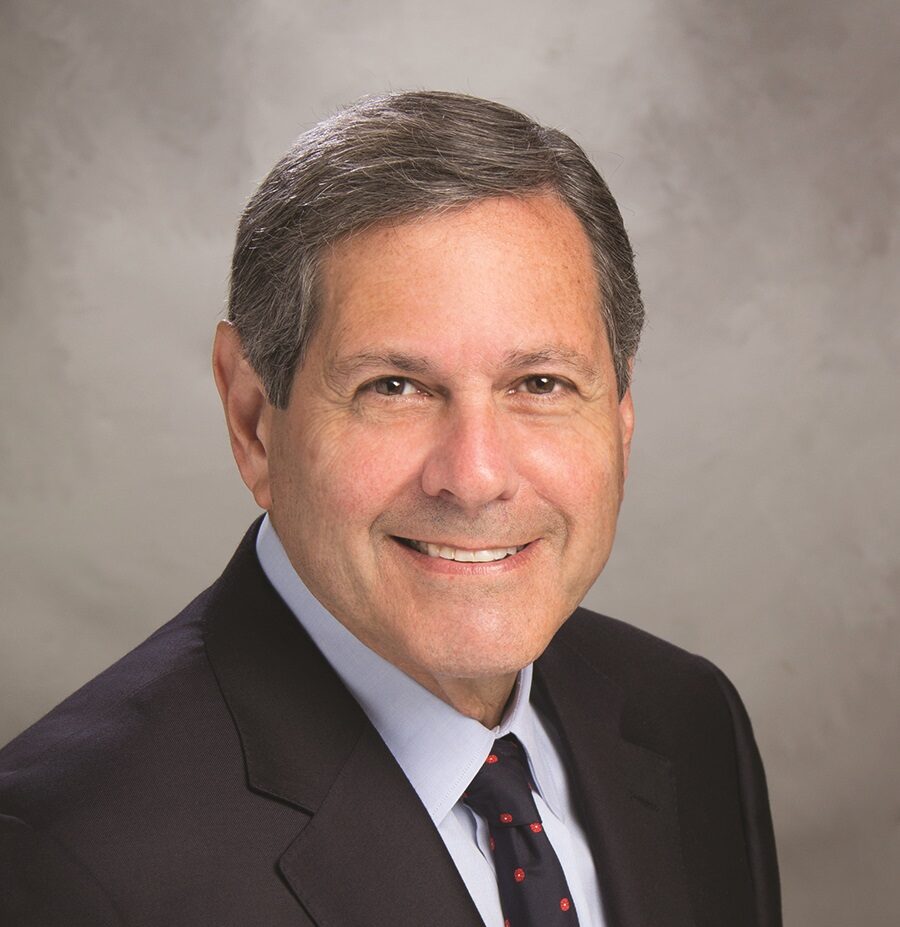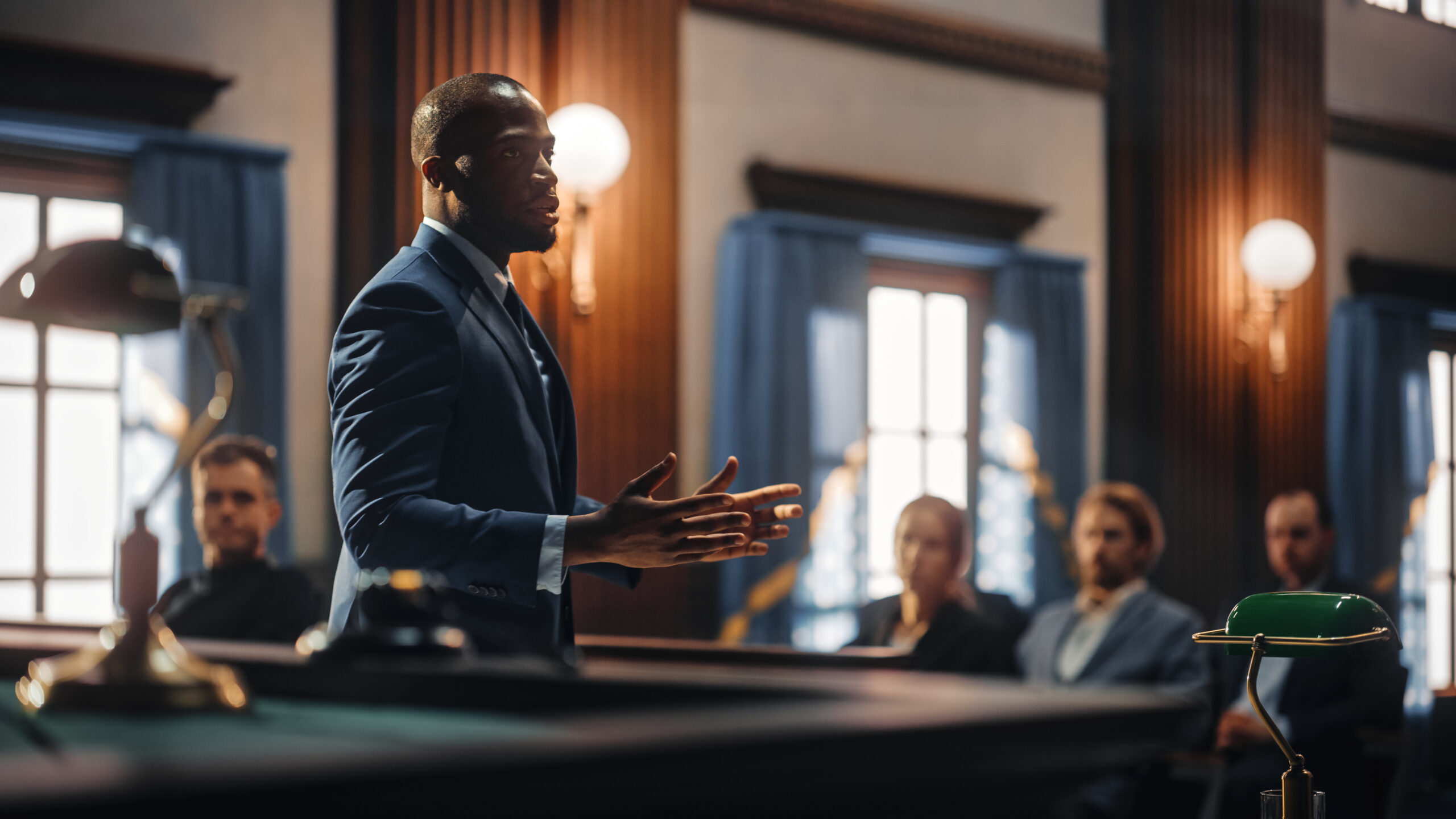
By Edward R. Blumberg, Steven K. Deutsch, Cosme Caballero and Robert E. (Beau) Blumberg
The elimination, in various venues, of the in-person courtroom experience is stunting the professional growth of new lawyers and new judges alike. We call for the establishment of hybrid hearings, which provide lawyers the option of virtual/in-person courtroom appearances for all hearings and non-jury trials. Jury trials should be exclusively in person for the lawyers.
The convenience of virtual hearings has rendered in-person hearings lasting less than 30 minutes passé in some jurisdictions. As these represent the majority of hearings, newly minted lawyers are deprived of learning their way around the courtroom, including thinking on their feet, the adept utilization of exhibits, case law, statutes, as well as interaction with court clerks, bailiffs, judicial assistants, opposing counsel and the judge. Moreover, there will soon be young lawyers taking the bench who will not have benefited from an in-person courtroom experience.
Judges who have participated in virtual proceedings in the last 2½ years can attest to events that happen when the courtroom becomes virtual: lawyers sitting in their bedrooms with business attire only from the waist up, unwanted activity appearing on camera in the background, the inability of lawyers to discuss the case in person during or after the hearing, and a general dehumanization of the process writ large. As Chief Justice of the United States William H. Taft stated, “those who witness the administration of justice should be properly advised that the function performed is one different from, and higher than, that which one discharges as a citizen in the ordinary walks of life.” A proper balance must be restored so that all proceedings occur in person with an option to appear virtually. Substituting a virtual court experience for in-person court proceedings risks the loss of our beloved system of justice—a risk that the judiciary, lawyers and our democracy cannot afford to take.
As young lawyers, we benefitted by being in court and being able to observe and emulate more experienced lawyers. More than once at the conclusion of a case, an experienced judge gave us pointers and practice tips on how to advocate more effectively and professionally.
We willingly traded the extra travel time and inconvenience of getting to court for the opportunity of the in-person courtroom experience. We saw old friends, made new friends, and learned how to relate to opposing counsel and the court effectively. Just as surgeons need to be in an operating room, litigators and trial lawyers need to be in the courtroom.
The reality is that new lawyers lack the exposure to the in-person courtroom experience and are unaware of the value of what they are missing. Older lawyers may believe they no longer require the in-person courtroom experience and enjoy the economic benefit and convenience inherent in virtual hearings. However, experienced lawyers, as well as judges, to the extent ethically permissible, have the professional obligation and duty to mentor lawyers. Not to do so harms the profession, the administration of justice, and, ultimately, the confidence of the public in our court system. Further, the notions of professionalism and civility are at risk.
Since the founding of our republic, it has been the dignified courthouse where citizens go for justice. There, on a regular basis, attorneys fulfill their role as officers of the court and appear in the courtroom with attire that reflects the solemnity of the tribunal before a judge likewise dressed with the formality of the robe. The work of the court has always been defined by in-person advocacy before an in-person judge. The citizens of this country have been well served by the tradition of lawyers giving voice, in person, in a real courthouse, to their matters before a judge. Convenience and economic efficiency have never been nor should they be the driving force in the administration of justice. The work of the court in achieving the fair administration of justice is, by its nature, difficult, complex and time-consuming because what is at stake is so significant. Time-honored traditions should not give way to expediency.
Ultimately, the virtualization of courtroom proceedings will serve to degrade the core values and traditions that have defined our justice system since its founding. If attorneys and judges treat the traditions and core values of our justice system as expendable, then the public will come to see our courtrooms and the work done there likewise, as insignificant and expendable. The sanctity of a free, fair and independent judiciary is so politically fragile that it may not withstand a virtual alteration. Now, as the pandemic winds down, we call for the full restoration of our justice system with the mechanisms to allow — in all instances — for in-person hearings along with the option to appear virtually.
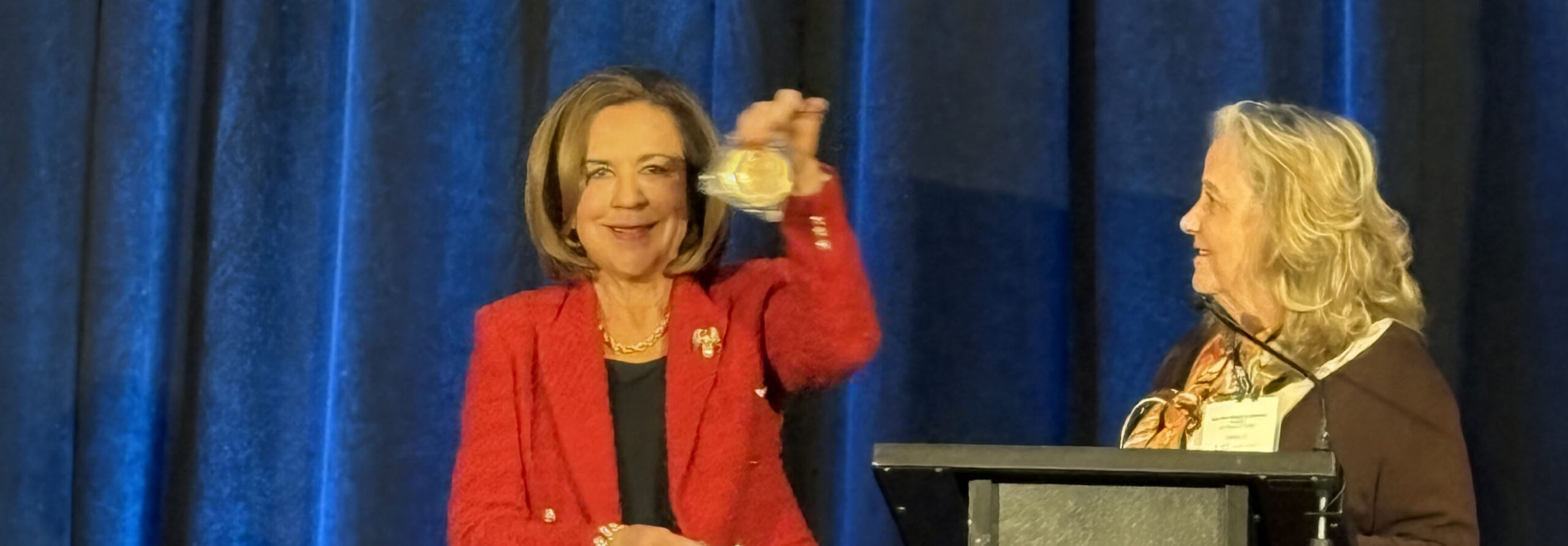
The National Judicial College has awarded Missouri Supreme Court Judge Mary Russell with the Sandra Day O�...

Emeritus Trustee Bill Neukom (left) with former Board of Trustee Chair Edward Blumberg (right) at the NJC 60...

The National Judicial College, the nation’s premier institution for judicial education, announced today t...
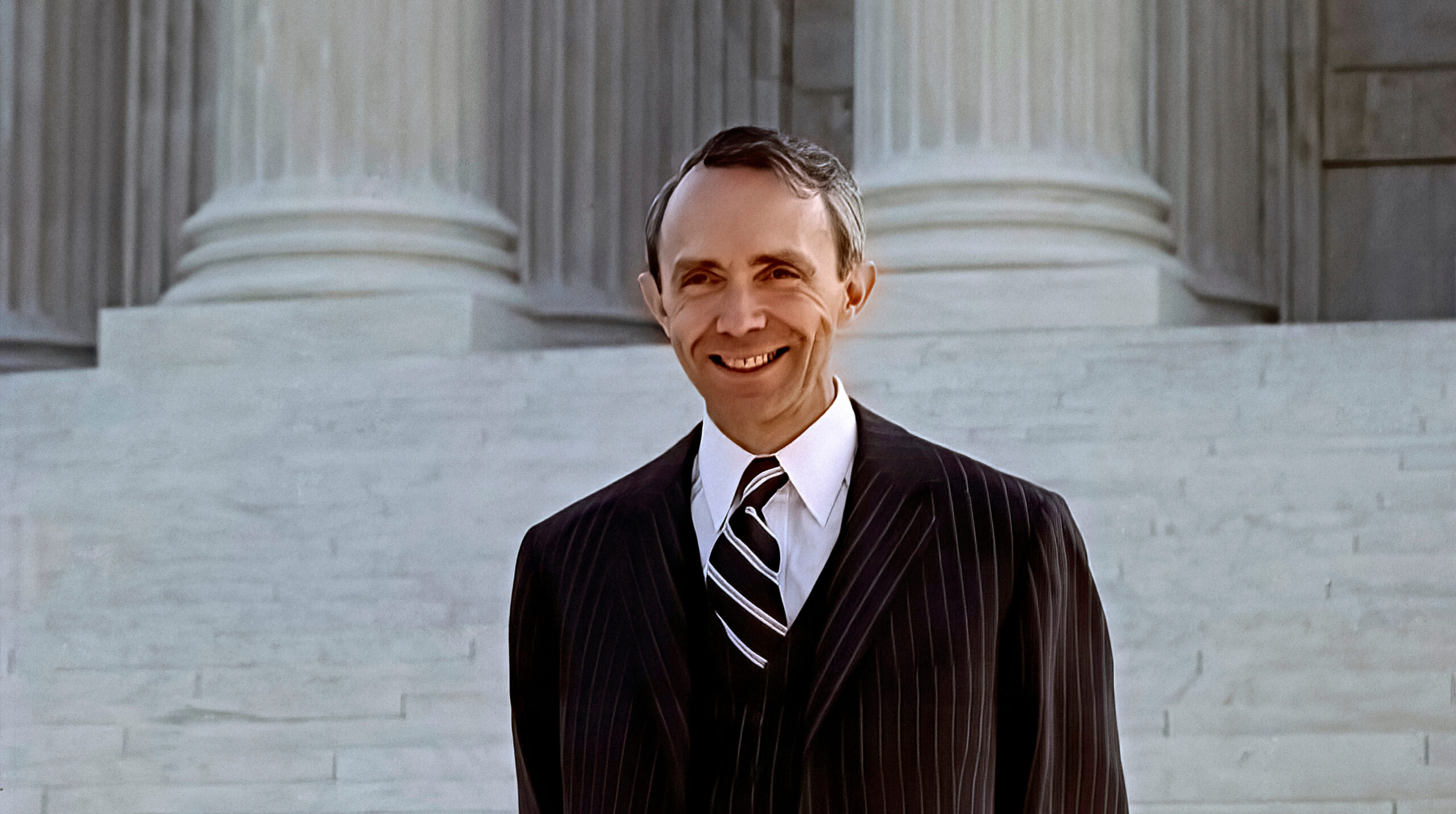
The National Judicial College (NJC) is mourning the loss of one of its most prestigious alumni, retired Uni...
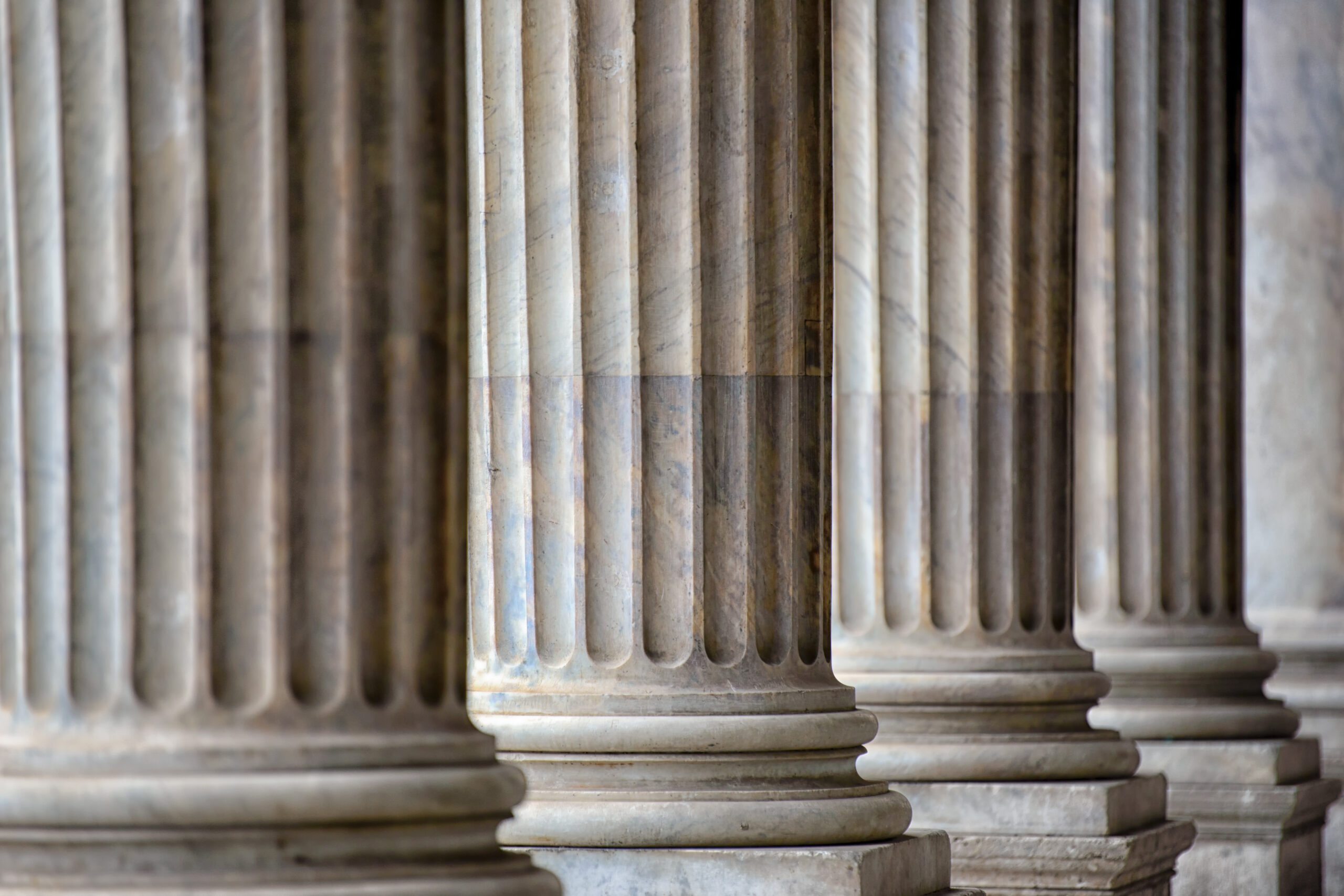
As threats to judicial independence intensify across the country, the National Judicial College (NJC) today...
